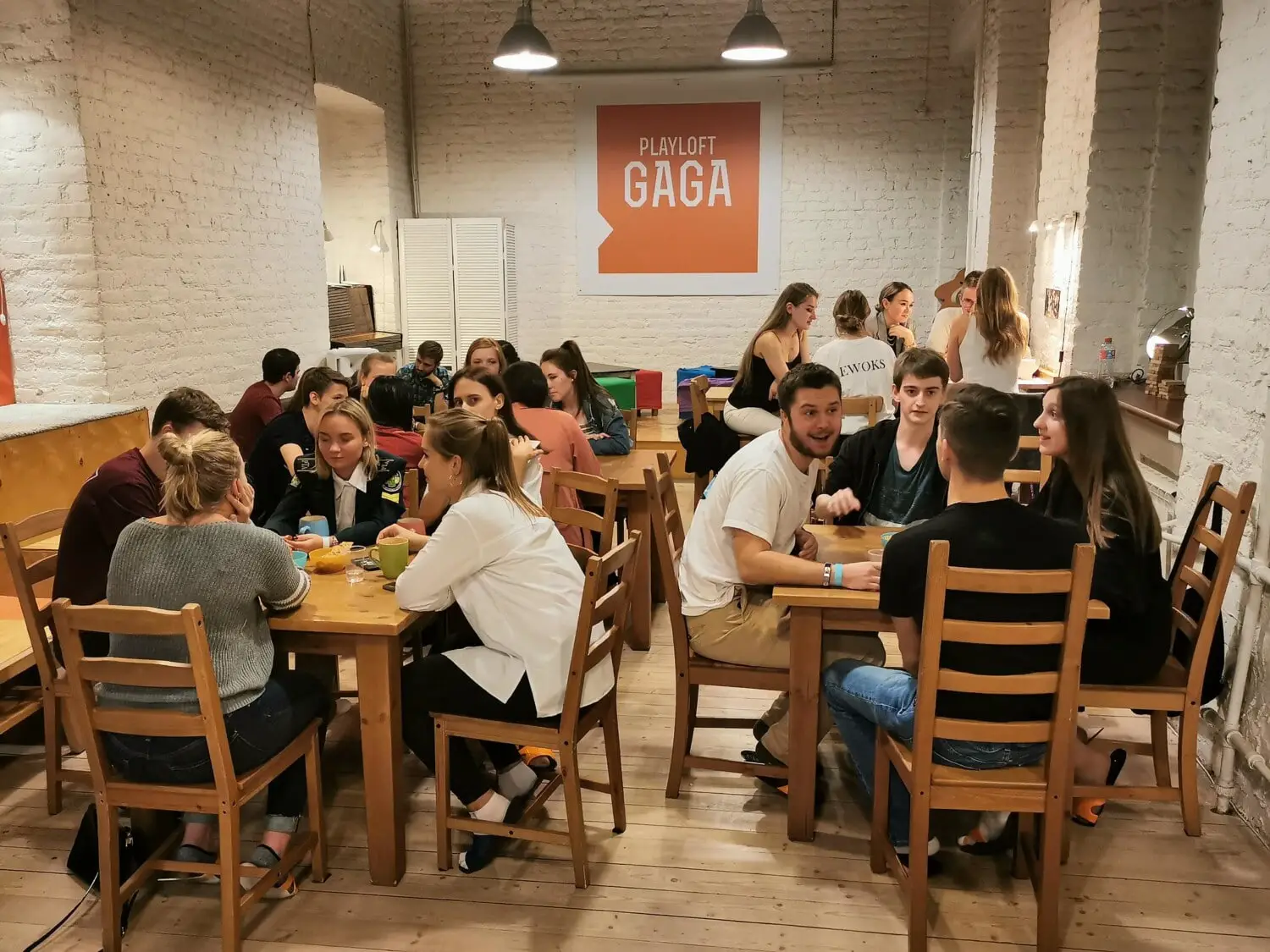The following bilingual Russian MiniLesson is meant to build your vocabulary by providing Russian phrases within English text. Hover over the bold Russian to reveal its English translation.
When addressing strangers in Russia, it is important to maintain an appropriate level of politeness. The address should be in a formal manner, a person should apologize first, by saying or . One can also say, . Another way to address a stranger is to ask for information in a very humble manner, for example: or (Note: both of these translate the same in English, though “подскажете” is slightly softer. Also note that Russian prefers negative questions to the positive questions that English prefers.)
One can also preface requests with or in settings such as shops and restaurants to make their orders more polite.
There is a more direct way to address strangers, which is used when the matter requires more urgent attention, by saying, or when addressing a man and when addressing a female. The address “девушка” is typically used very frequently to females of almost any age, except for very old ladies when the address woman' is more appropriate.
People of very advanced age can be addressed as or While the use of these may sound informal to most Westerners, they are generally a title of respect in Russia.
Rarely used but still sometimes heard are the terms This form of address was commonly used in Russia’s tsarist days, until it was replaced by during the Soviet period. It came back into use when Russians were searching for an appropriate form of address to replace “товарищ” in the immediate post-Soviet period, but is not a very commonly used form of address.
There is a more direct way to form questions when in a hurry such as, , but the speaker should keep in mind to add immediately after their request to keep their manner polite.
Gypsies addressing people on the streets in the hope to get some money for fortune-telling may address passers-by in broken Russian,
A less cultured manner, which is sometimes used to be intentionally confrontational or to directly contradict someone is to preface requests with or A very rude form is “ It may be used by a person who intends to start fighting.
Young children may address adults they don’t know as Adults wishing to address children they do not know may say
If you want to make sure that someone is indeed addressing you, you may respond by saying
Examples From Literature and the Press
even though I am not an acquaintance of yours, may I allow myself to...it's just that the subject of your scholarly conversation is so interesting that...'
М. Bulgakov





